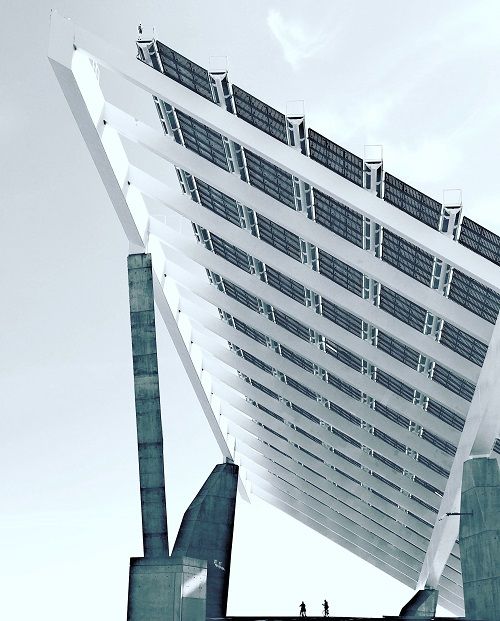In the US, Joe Biden manages to pass a law that brings investment to the US on a very large scale. Fighting inflation is the official label, green energy and economic stimulus are in there, it costs billions and attracts billions in investment. "In Germany, on the other hand, there is discussion about an industrial electricity price that will bring exactly the opposite," says Markus W. Voigt, CEO of the aream Group.
The aim of the Inflation Reduction Act (IRA) passed in the USA is to respond to climate change and transform the domestic economy. Around 370 billion US dollars are available for this purpose. "However, this sum is not only used to transform existing industries, but above all to attract new settlements to the USA," says Voigt. "America first is the programme here - and it works."
Many international companies have reconsidered their investment decisions after the law was passed. "On the one hand, this is because hurdles have been erected for imports," says Voigt. "But the carrot on the other hand is generous subsidies when new plants are located in the US." Overall, the IRA has already attracted billions in investments to the USA - especially for future technologies.
"Even if the EU is currently considering how to counteract this with its own programme," says Voigt: "German policy is doing exactly the opposite. The industrial electricity price that is currently being discussed is the best example of this, because it only enables existing fossil dinosaur corporations to hold out a little longer and gain time for the slowest possible conversion. "The industrial electricity price is a counterproductive redistribution at the expense of innovation and sustainability," says Voigt.
Because where on the one hand the energy-intensive industries are relieved, the electricity price rises or taxes increase for everyone else. "This affects private households as well as small and medium-sized businesses," says Voigt. "And rising taxes or higher energy prices will certainly not attract new investment to Germany." Especially since even those companies that have already made good provisions or invested in converting their production are suddenly competing with those that have done nothing but now get the cheaper electricity.
"If subsidies are to be provided, then they should be provided in such a way that the conversion is promoted directly and that any incentive to convert to green energies is not torpedoed via the diversions of cheaper electricity," says Voigt. "It is remarkable that an economy that is so sustainability-oriented in its own perception, such as Germany's, is being left behind by the USA even in this field."
PRESSEKONTAKT:
Leandra Kiebach
T: +49 (0)211 30 20 60 4-2
E: lk@aream.de
